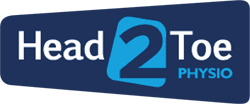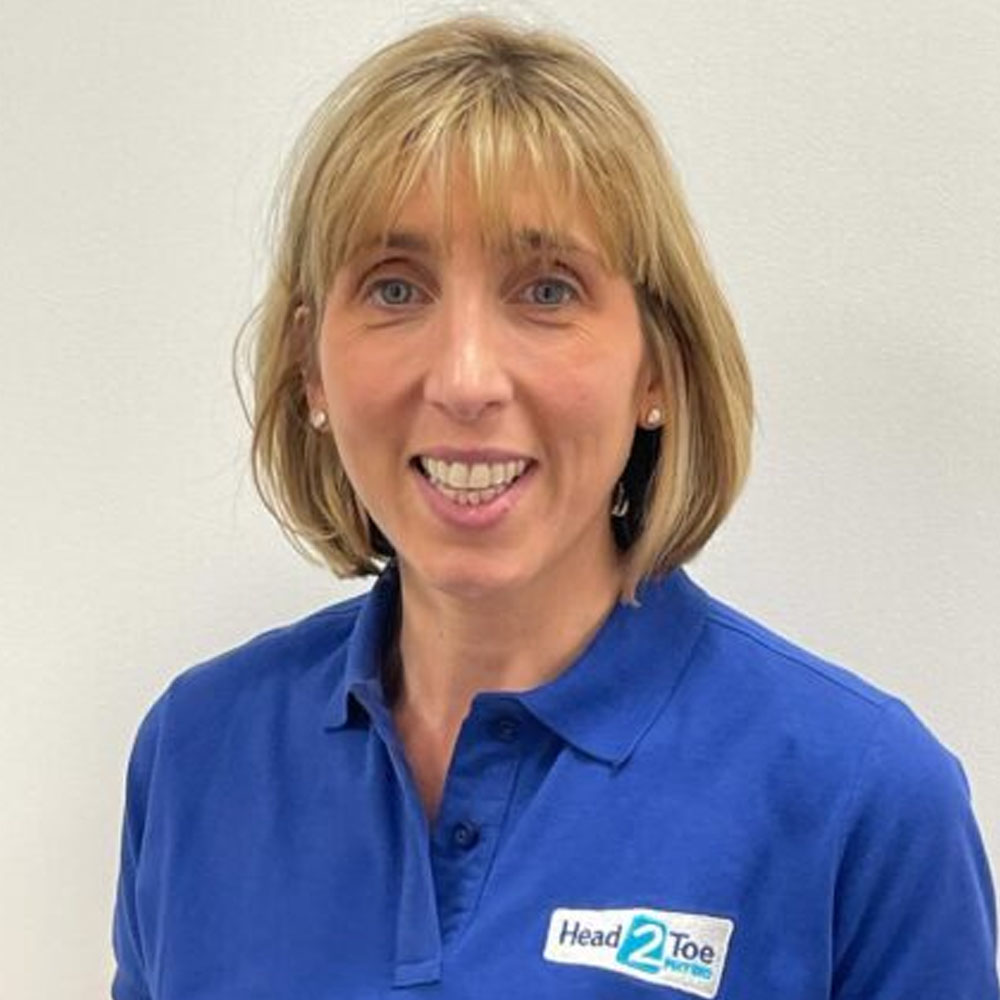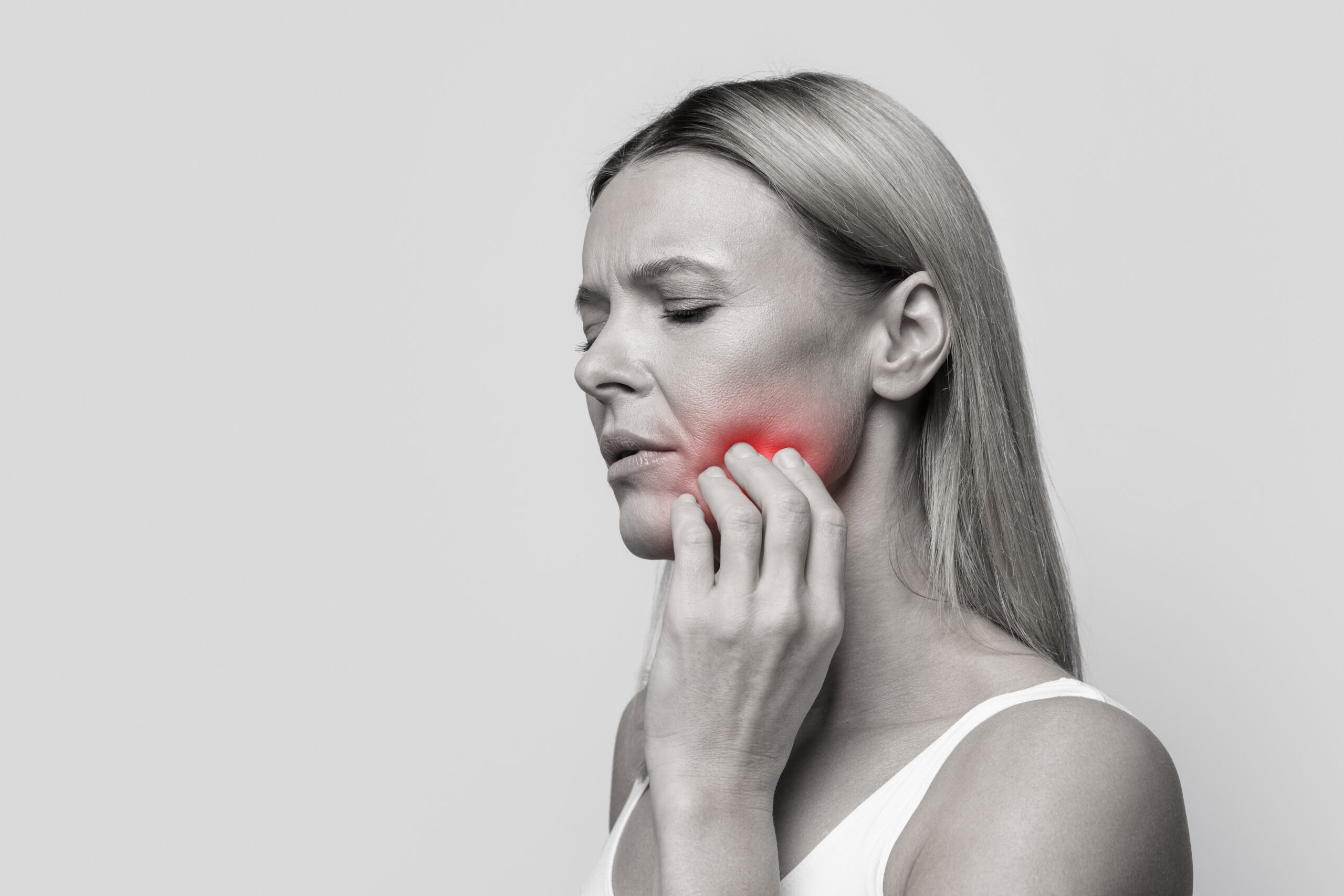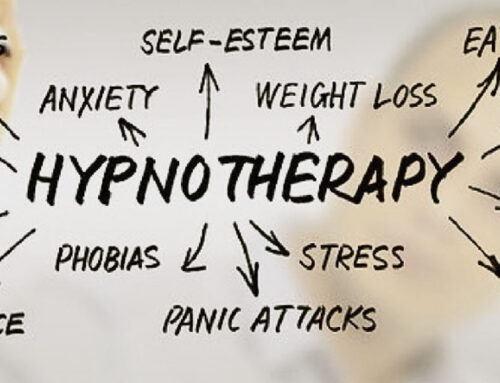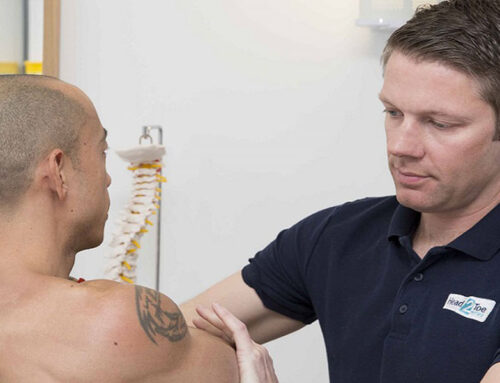Treatment Information
Temporomandibular Dysfunction – Don’t just live with it – Let us help you!
Temporomandibular disorder (TMD) is a collective term for a number of clinical problems that involve the muscles of the head, neck and jaw.
We provide a dedicated, specialist, service, based at our Crawley clinic. Our specialist TMD Physiotherapist can assess and treat the problems arising from your jaw, head or neck.
Symptoms We Can Help
- Jaw clicking with/without pain
- General facial pain
- Reduction in mouth opening with/without pain
- Neck pain
- Headaches
- Bruxism (teeth grinding)
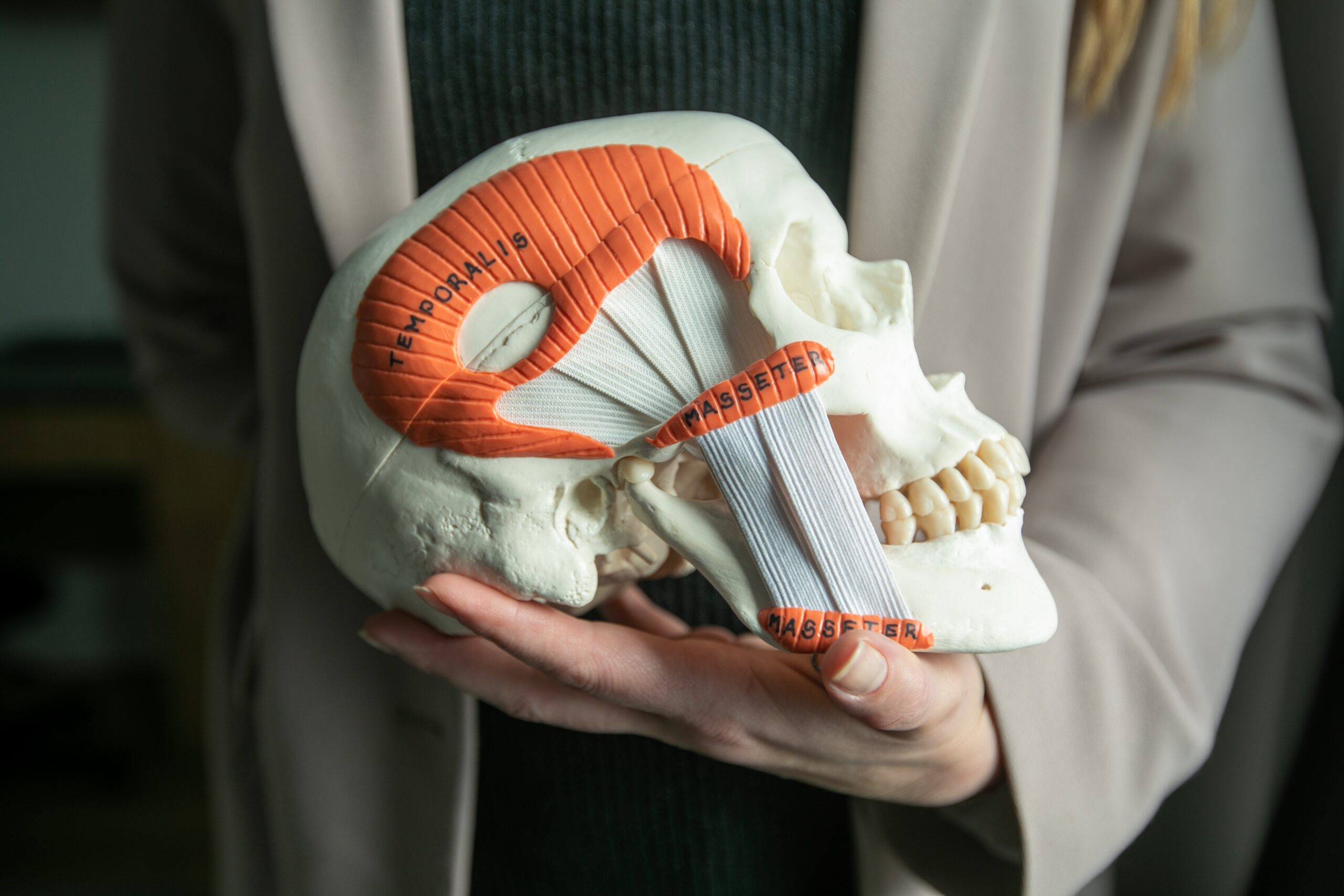
Why Should I visit the Temporomandibular Dysfunction Clinic at Head2Toe Physio?
In a nutshell, you need to come and meet Laura!
Did you know that TMD is the second most common chronic musculoskeletal disorder, second only to chronic low back pain!This is staggering, as many of those patients will never attempt to address the issue. Most just learn to live with the pain and discomfort.
Frequently people are unsure how to treat the pain or gain improvements. Some try desperately to find help, but are unsuccessful. Mainly because skilled, expert clinicians offering specialist treatment for jaw and TMD issues are few and far between.
We are very fortunate at Head2Toe Physio to have the expertise of Laura Moore, who has trained and gained specialist knowledge and experience in treating this common, but often overlooked problem.
How Can Our Dedicated TMD Clinic Help You?
Laura will begin each assessment with a detailed conversation about the history of your problem, whether you have tried any therapies in the past and whether there are any other problems contributing to the symptoms. It gives her a chance to explore the reasons as to maybe why the condition has developed and how best to treat your symptoms.
This will lead into a specialist examination. Laura will take measurements of mouth opening, protrusion and overlay measurements of the teeth. Palpation of the facial muscles and the neck, looking at length and strength, with a comparison of right to left for any differences.
For some, Laura will include an assessment of the cervical spine, especially when there are symptoms of headaches.
Having fully understood your history and examined you, together, we will tailor treatment to your individual requirements. Laura might suggest a range of different treatment options, including specific exercises and manual therapy techniques. Some hands on therapies may focus on increasing mouth opening or stretch specific muscle groups and this can performed inter orally (inside the mouth) or from the outside.
How Will Visiting the Clinic Benefit Me?
- Education on your condition – What is it and how can we help?
- Hands on treatment to help alleviate symptoms, improve function and enhance quality of life.
- Having better mouth opening for eating.
- Having better control of a jaw that’s clicking.
- A reduction in jaw related headaches.
- We can liaise directly with dentists/consultants where needed.
- Help with modification techniques to alleviate symptoms for example stress reduction, sleep positions, retraining habitual positions.
- Home exercises to continue and help with management.
Our frequently asked questions about Temporomandibular Dysfunction?
TMD refers to a group of conditions affecting the temporomandibular joints (TMJ), jaw muscles, and nerves. It can cause pain and dysfunction in the jaw joint and muscles controlling jaw movement.
Common symptoms include:
- Jaw pain or tenderness
- Pain in the neck and shoulders
- Headaches
- Limited ability to open the mouth wide
- Clicking, popping, or grating sounds in the jaw joint
- Locking of the jaw
The exact cause of TMD is often unclear but can be due to a combination of factors such as jaw injury, arthritis, teeth grinding (bruxism), stress, and misalignment of the jaw or teeth.
Treatment can vary depending on the severity of the condition but often includes:
- Pain relief medications (NSAIDs, muscle relaxants)
- Physical therapy
- Oral splints or mouth guards
- Stress management techniques
- Dental treatments to correct bite alignment
- In severe cases, surgical interventions
Yes, lifestyle changes can significantly help. These include:
- Eating soft foods to avoid overuse of jaw muscles
- Avoiding extreme jaw movements (e.g., wide yawning, chewing gum)
- Applying heat or cold packs to the jaw area
- Practicing relaxation techniques to reduce stress and muscle tension
Yes, gentle jaw exercises and stretches can help improve jaw mobility and reduce pain. These should be done under the guidance of a healthcare professional to avoid aggravating the condition.
Diagnosis usually involves a physical examination by a healthcare provider, patient history, and may include imaging studies such as X-rays, MRI, or CT scans to view the jaw and TMJ.
